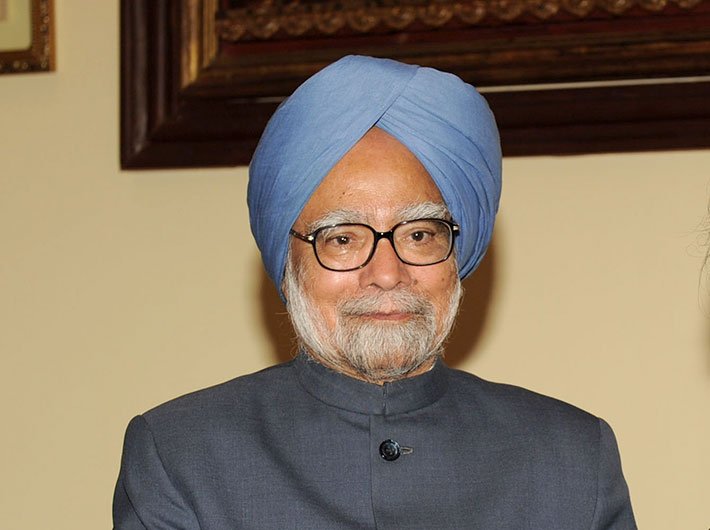Moily says idea is to have an e-court in every High Court, and one in every district of the country within a year
Prime minister Manmohan Singh today said the judiciary, legislature and executive should not exceed their respective powers as enshrined in the Constitution, but work in harmony to maximise public good.
"It is assumed that none of the organs of the state, whether it is the judiciary or the executive or the legislature, would exceed its powers as laid down in the Constitution," Singh said at the national conference on 'Law and Governance' to mark the Golden Jubilee of the Bar Association of India (BAI) in New Delhi.
"Even though their jurisdiction may be separated and demarcated, it is expected that all institutions would work in harmony and in tandem to maximise the public good," he said.
Referring to one of the topics to be debated at the meet, Singh said the doctrine of 'separation of powers' was acknowledged as one of the basic features of the Constitution.
"It is also commonly agreed that all the three organs of the state, namely the Legislature, the Judiciary and the Executive, are bound by and subject to provisions of the Constitution, which demarcates their respective powers, jurisdictions, responsibilities and relationship with one another," he said.
Singh said lawyers were an integral part of India's system of administration of justice and they had a role, which was not confined to courts and advising clients.
"The role of lawyers is not confined to courts alone or advising the clients in business deals. It extends to being an integral part of our system of administration of justice - and justice is not just in the legal sense, but justice - social, economic and political - as set out in the preamble of our Constitution," he said.
Noting that lawyers had historically contributed handsomely to each of the areas of justice, whether during independence struggle, framing of the Constitution or just government, the prime minister said even today outstanding lawyers were part of his Cabinet, some of whom had been members of BAI.
"The BAI too has a larger objective beyond the furtherance of professional interests. It aims at promoting public and national welfare in manifold directions and upholding the Constitution of India and the Rule of Law," he added.
Singh said the BAI has always maintained very high standards of professional ethics and values and recalled the history of the association through its 50 years of existence.
"One of the most outstanding features of the activities of BAI is its commitment to society, especially the less privileged sections. It is gratifying to note that it has contributed significantly at the time of natural and manmade calamities like the Latur and Bhuj earthquakes and the Tsunami and in providing legal aid to the families of Kargil war martyrs," he added.
Law minister M Veerappa Moily said India's judiciary was the largest in ensuring the rule of law, which stood on the shoulders of the lawyers who are the link between the citizens and the judiciary.
"They play an important role and sensitive lawyers are the need of the hour. We have to do everything to ensure this.That is why we have initiated a reforms package starting with the National Legal Mission looking at governance issues by evolving a litigation policy, an arrears grid and to provide an effective infrastructure," he added.
Mooting the idea of having e-courts and e-governance, a means of justice delivery through the Internet, Moily said the idea was to have an e-court in every High Court, and one in every district of the country within a year.
For the full speech of the PM, click here.
